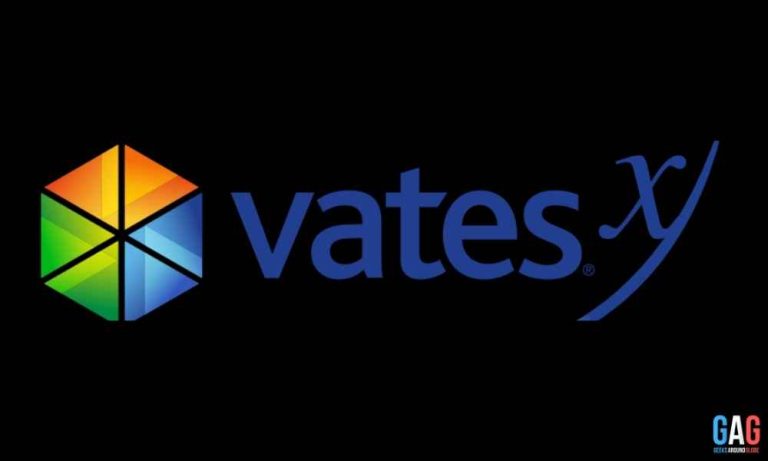Understanding how to calculate one’s net worth is fundamental to achieving financial clarity and success. Beyond mere numbers, net worth reflects true financial health by considering assets and liabilities.
This comprehensive guide aims to demystify the net worth calculation process, debunk common myths, and shed light on its significance. By grasping the essentials of net worth calculation, individuals empower themselves to make informed financial decisions leading to a more secure and prosperous future.
Understanding Net Worth
Net worth is determined by taking off liabilities from assets. Assets encompass liquid resources like cash and savings, investments like stocks and real estate, and personal possessions like vehicles and jewelry.
Whereas liabilities include debts, loans, mortgages, and credit card balances. Accurate tracking of assets and liabilities is pivotal for a precise net worth calculation, offering a clear picture of financial standing and aiding in effective financial planning.
Calculating Net Worth
The process of calculating net worth involves a meticulous evaluation of financial resources and obligations. This process offers a holistic view of financial health and aids in setting achievable goals.
Here’s a step-by-step breakdown of how to calculate net worth;
1. Gathering Financial Information
Before commencing the calculation, individuals need to gather all pertinent financial documents. This entails collecting bank statements, investment account summaries, property valuation reports, details of outstanding loans, and credit card statements. The comprehensive collection of this data ensures precision in the net worth assessment.
2. Tabulating Assets
Assets should be categorized for comprehensive analysis. Liquid assets include cash and savings accounts. Investments encompass stocks, bonds, mutual funds, and real estate properties. Personal property pertains to items like vehicles, jewelry, and electronics. Assigning current market values to investments and properties ensures an accurate assessment of their worth.
3. Summing Up Liabilities
A thorough compilation of liabilities is crucial. This entails mortgages, car loans, student loans, credit card debts, and other outstanding obligations. It’s important to capture both secured debts (backed by collateral, e.g., a mortgage) and unsecured debts (lacking collateral, e.g., credit card debt).
4. Calculating Net Worth
With assets and liabilities identified, the next step is calculating net worth. The formula is straightforward: subtract total liabilities from total assets. The resultant value represents net worth—the residual value remaining after settling all debts.
By diligently adhering to these steps, individuals gain insights into their financial well-being and can make informed decisions to fortify their fiscal future.
Factors Affecting Net Worth
Life events and financial decisions can significantly influence net worth, shaping overall financial trajectories. Consider the following factors;
- Debt Repayment – Settling debts reduces liabilities and enhances net worth.
- Real Estate Transactions – Property transactions impact both assets and liabilities.
- Investment Performance – Gains or losses in investments impact asset values.
- Career Changes – Job transitions or promotions alter income and savings.
- Inheritance – Inherited assets can substantially boost net worth.
- Education – Advanced degrees may elevate earning potential.
- Financial Discipline – Consistent saving and budgeting positively impact net worth.
Understanding these factors empowers individuals to make strategic financial choices that can progressively augment their net worth.
Importance of Monitoring Net Worth and Common Misconceptions
Monitoring one’s net worth is a dynamic tool for assessing financial progress and making informed decisions. It provides a comprehensive view of financial health by considering assets and liabilities. Regular tracking assists in establishing and achieving financial goals, whether they pertain to debt reduction, investment growth, or wealth accumulation.
However, common misconceptions envelop net worth. Contrary to prevalent belief, net worth isn’t solely hinged on income or age. Rather, it offers a holistic reflection of the financial situation, encompassing a spectrum of factors, including savings, investments, and debts. Dispelling these myths and embracing net worth as a valuable metric facilitates strategic financial planning, enabling individuals to steer toward a more secure and prosperous future.
Courses for Financial Literacy
Elevating financial literacy is a pivotal stride toward mastering financial well-being. Enrolling in structured courses endows individuals with the knowledge and skills imperative for effective money management.
Here, we present pivotal courses that can empower individuals on their financial journey;
● The Basics of Personal Finance Course
The course offers participants an essential foundation in budgeting, saving, and managing everyday expenses. Students will comprehend the significance of living within their means, setting financial objectives, and constructing a secure financial future.
● Investing for Beginners Course
This course immerses individuals in the realm of investments. Participants explore diverse investment options like stocks, bonds, mutual funds, and real estate. They will acquire skills in assessing risk, making informed investment decisions, and potentially nurturing their wealth over time.
● Debt Management and Credit Course
Comprehending debt is pivotal for maintaining a robust financial profile. This course imparts knowledge about varied debt types, effective debt management strategies, and the mechanics of credit. Students gain proficiency in responsibly handling debt and enhancing their credit scores.
● Advanced Investment Strategies Course
Building upon foundational investment knowledge, this course delves into advanced tactics such as diversification, risk management, and long-term financial planning. Participants learn to craft a diversified investment portfolio tailored to their aspirations.
● Estate Planning and Wealth Preservation Course
This course spotlights long-term financial planning, encompassing estate planning, wills, trusts, and inheritance strategies. Participants grasp the art of safeguarding wealth, preparing for the future, and minimizing tax implications for heirs.
Investing time in these courses, like an accounting course, significantly bolsters financial literacy, empowering individuals to navigate intricate financial landscapes confidently and chart a path toward a secure and prosperous future.
Conclusion
In summation, comprehending net worth and its calculation is integral for financial success. This guide dispels myths, highlights accurate tracking, and underscores the importance of monitoring net worth. The recommended financial literacy courses empower individuals to navigate complexities, fostering informed decisions and a prosperous future.






